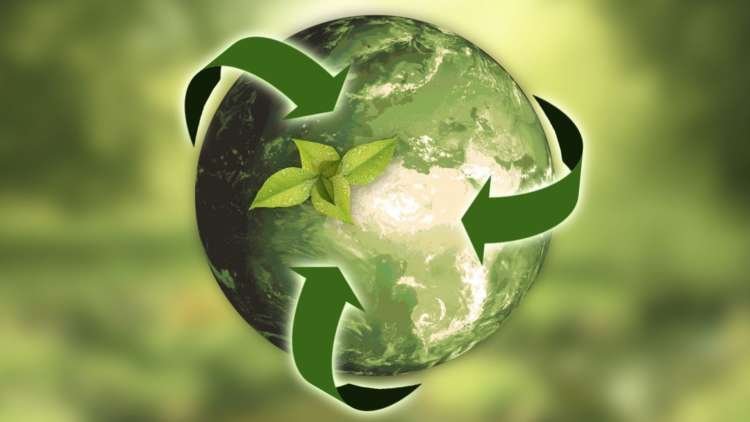Interviews
Transparency offers the pathway to a more sustainable Earth
Published by linker 5
Posted on April 26, 2021
1 min readLast updated: January 21, 2026

Published by linker 5
Posted on April 26, 2021
1 min readLast updated: January 21, 2026

Explore more articles in the Interviews category











